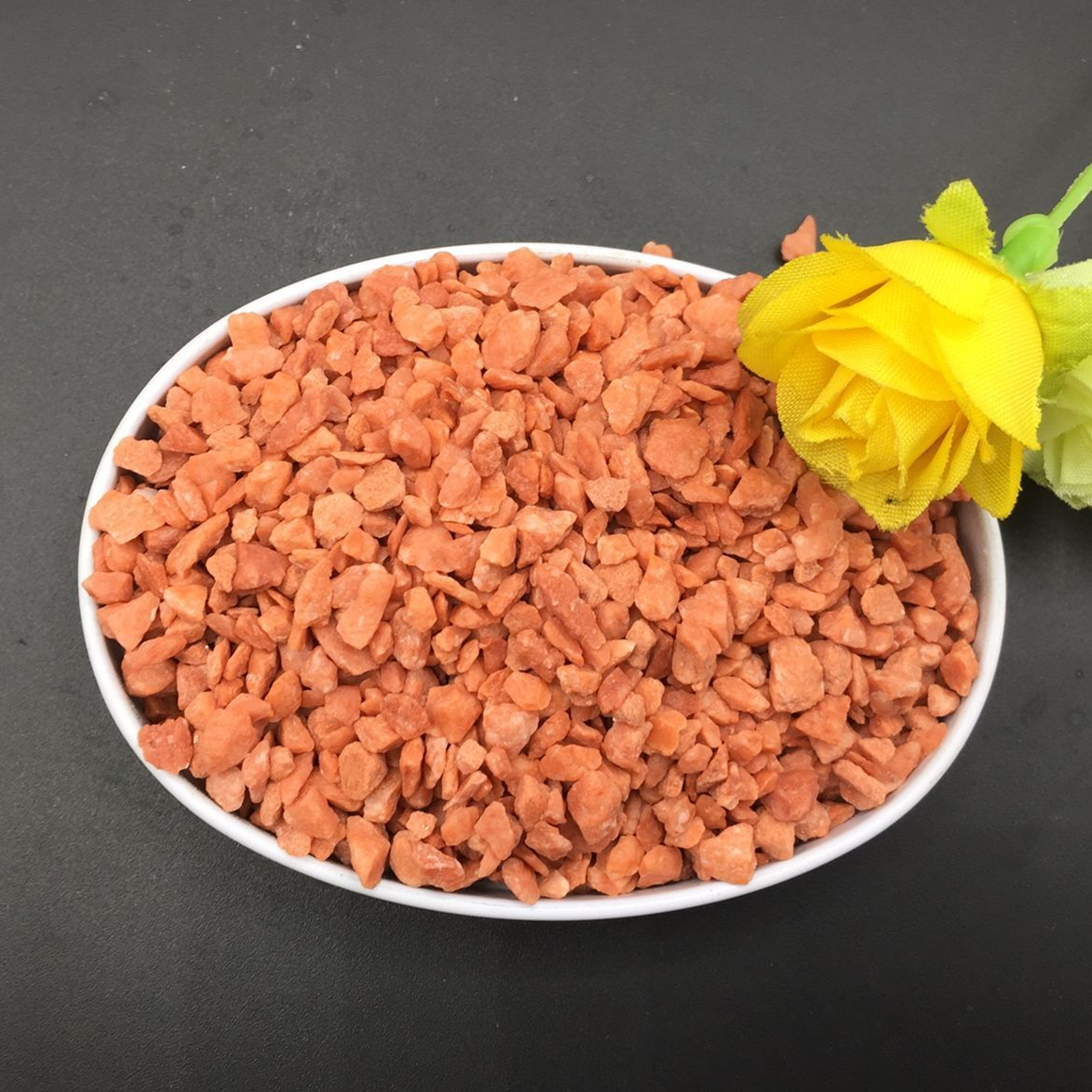
Nov . 22, 2024 10:42 Back to list
potassium humate for plants manufacturer
The Role of Potassium Humate in Plant Health A Focus on Manufacturers
Potassium humate is gaining recognition as an invaluable component in the agricultural sector, especially in sustainable farming practices. This organic substance, derived from the decomposition of lignite and other organic materials, serves as a soil conditioner and nutrient source. As more farmers seek to enhance their crop yield while maintaining soil health, the demand for potassium humate is on the rise, leading to the emergence of specialized manufacturers in the sector.
What is Potassium Humate?
Potassium humate is a type of humic substance that is soluble in alkaline conditions. It contains potassium, a vital nutrient for plants, and humic acid, which improves soil quality. Humic substances contribute to the formation of soil structure, enhance water retention, and facilitate nutrient exchange between soils and plants. Potassium, on the other hand, plays a crucial role in various physiological processes, including photosynthesis, enzyme activation, and regulation of stomatal openings, all of which are critical for optimal plant growth.
Benefits for Plants
1. Enhanced Nutrient Uptake Potassium humate improves the soil's ability to retain essential nutrients and enhances their bioavailability to plants. Its presence can significantly boost the absorption of nitrogen, phosphorus, and potassium by plant roots.
2. Soil Fertility Improvement By promoting microbial activity, potassium humate contributes to the overall health of the soil ecosystem. This activity breaks down organic matter more effectively, releasing nutrients that are beneficial for plant growth.
3. Stress Resistance Plants treated with potassium humate tend to exhibit increased resilience against environmental stressors such as drought, salinity, and disease. This resilience results from enhanced root development and water retention capabilities.
4. Improved Soil Structure Potassium humate aids in the aggregation of soil particles, resulting in improved aeration and drainage. A well-structured soil helps prevent erosion and run-off, promoting sustainable agricultural practices.
potassium humate for plants manufacturer

The Role of Manufacturers
As the demand for potassium humate rises, manufacturers are stepping up to provide high-quality products tailored to various agricultural needs. These manufacturers focus on several key areas to meet market demands
1. Quality Control Leading potassium humate manufacturers invest heavily in quality assurance processes. They conduct rigorous tests to ensure their products meet agricultural standards and are free from contaminants. Quality assurance not only protects farmers' investments but also contributes to safer food production.
2. Product Development Manufacturers are continually researching and developing innovative potassium humate formulations that enhance efficacy. These may include liquid, granular, or soluble concentrates that cater to different farming practices such as hydroponics, organic farming, and conventional agriculture.
3. Sustainability Practices Leading manufacturers are embracing sustainable practices in the production of potassium humate. This includes sourcing raw materials from renewable resources and implementing eco-friendly production processes. Sustainable practices align with the global push towards environmentally responsible farming methods.
4. Education and Support Beyond supplying products, many manufacturers provide educational resources and support to farmers. This can involve guidance on application rates, timing, and integration with other agricultural practices, thereby helping farmers maximize the benefits of potassium humate.
Conclusion
The emergence of potassium humate as a staple in modern agriculture reflects a broader shift toward sustainable and efficient farming practices. Manufacturers play a critical role in this transition, providing high-quality products that enhance soil health and plant vitality. As the agricultural landscape continues to evolve, potassium humate's importance is set to grow, making it a valuable asset for farmers looking to improve both productivity and sustainability. In the coming years, we can expect further innovations from potassium humate manufacturers, ensuring that this natural resource remains a cornerstone of effective agricultural practices worldwide.
-
Premium Organic Manure Compost for Eco Gardens
NewsAug.01,2025
-
Organic 10-10-10 Fertilizer | Balanced Plant Nutrients
NewsJul.31,2025
-
Premium Amino Acid Fertilizer | Rapid Plant Growth Booster
NewsJul.31,2025
-
10 10 10 Fertilizer Organic—Balanced NPK for All Plants
NewsJul.30,2025
-
Premium 10 10 10 Fertilizer Organic for Balanced Plant Growth
NewsJul.29,2025
-
Premium 10 10 10 Fertilizer Organic for Balanced Plant Growth
NewsJul.29,2025
